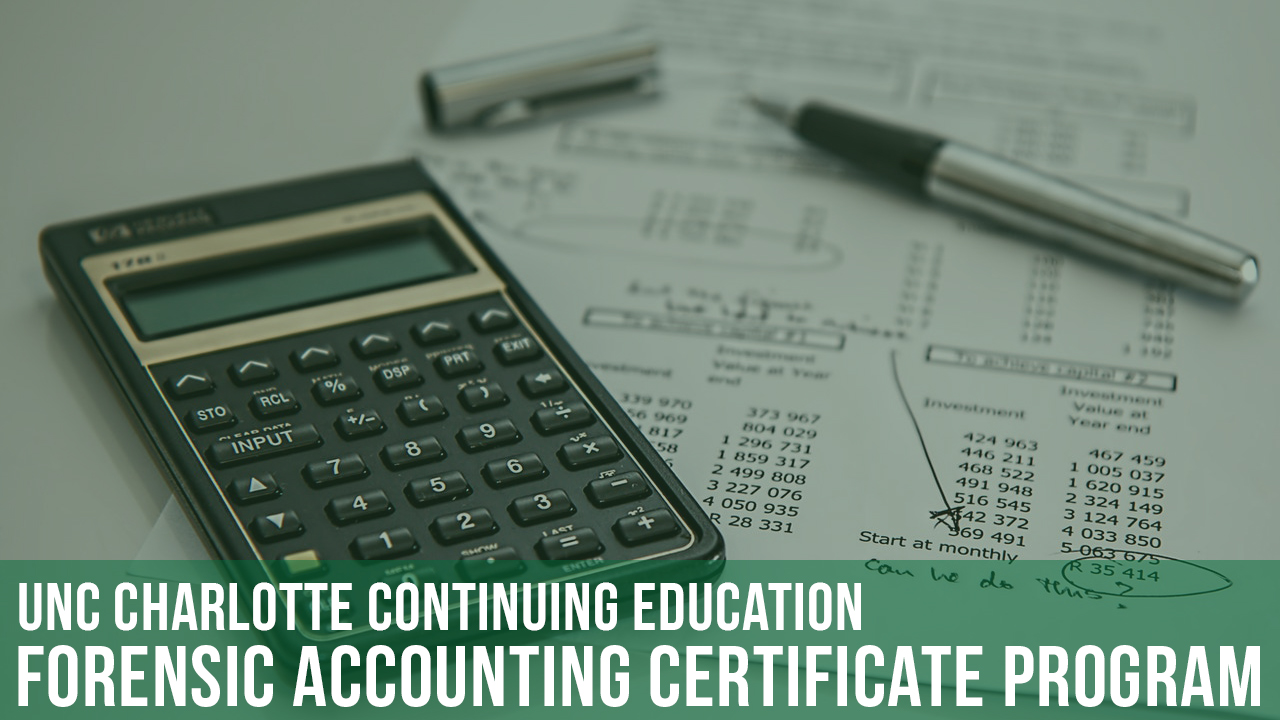FRA101 - Principles of Forensic Accounting

Course Overview
This course is intended as an overview of forensic accounting and fraud examination as a discipline. Included will be a review of the ways in which serious fraud and abuse occur, examination of characteristics of employees who commit fraud and determination of the kinds of organizations that are victims of fraud. In addition, this course will introduce students to guiding legal principles and standards of care related to litigation support services.
- Introduction to Forensic & Investigative Accounting
- The Discipline of Fraud Examination
- Litigation (Support Services)
- Electronic Discovery (e-Discovery)
- Internal Controls
- Financial (Economic) Damages
- Interviewing and Sources of Information
- The Criminal Arena
- Business Valuations
- Understand how fraud is committed, the characteristics of employees who commit fraud, and appropriate actions to take
- Identify the most common means of detecting fraud and anti-fraud measures to limit fraud losses
- Understand quality standards related to litigation services including client engagement, forensic reports, preparing to testify, and standards of conduct and care.
- Understand rules of evidence and evidence management practices
- Follow guiding legal principles of e-Discovery including Sedona Principles, and Federal Rules of Evidence and Procedure
- Identify various types of economic damages and various approaches to calculating and measuring financial loss
Prerequisites
If English is not your native language, we recommend the equivalent English language proficiency of a minimum score of 557 paper-based or 83 internet-based on the Test of English as a Foreign Language (TOEFL), which is administered by Educational Testing Service (ETS).
The test scores are not required for enrollment in this course.
Accrediting Associations
- CPE for Self-Reporting to your state accountancy board 24.5 CPE self-reporting
Applies To The Following Certificate
- Forensic Accounting Certificate : Required
For More Information
Course Schedule
View Course Schedule
Time Commitment
6 weeks per course, 3-4 hours each week
Delivery Method
Online Asynchronous
Course Materials
All course materials will be provided electronically.
Policy Information
View registration, refund and cancellation policies
